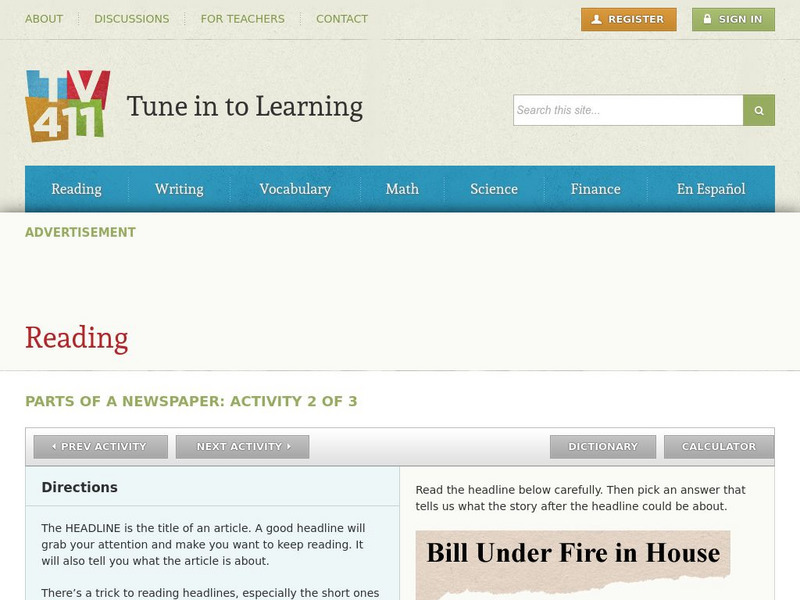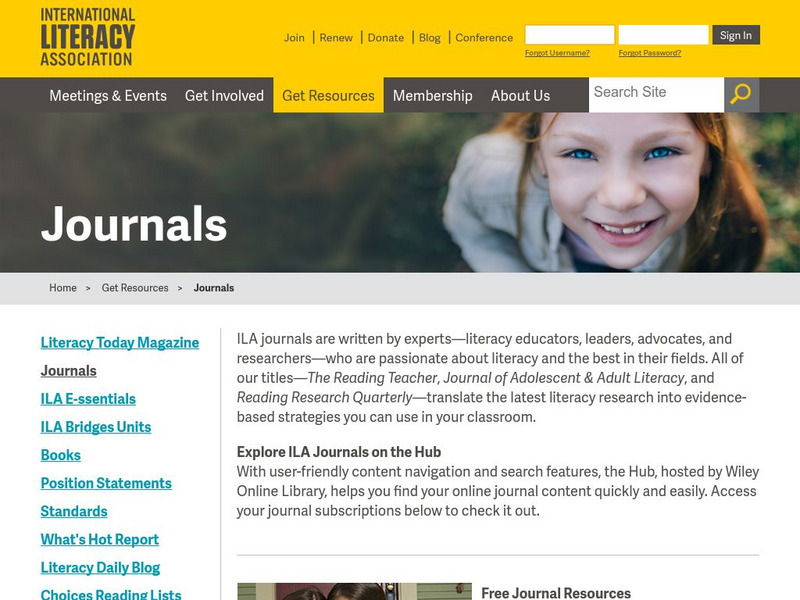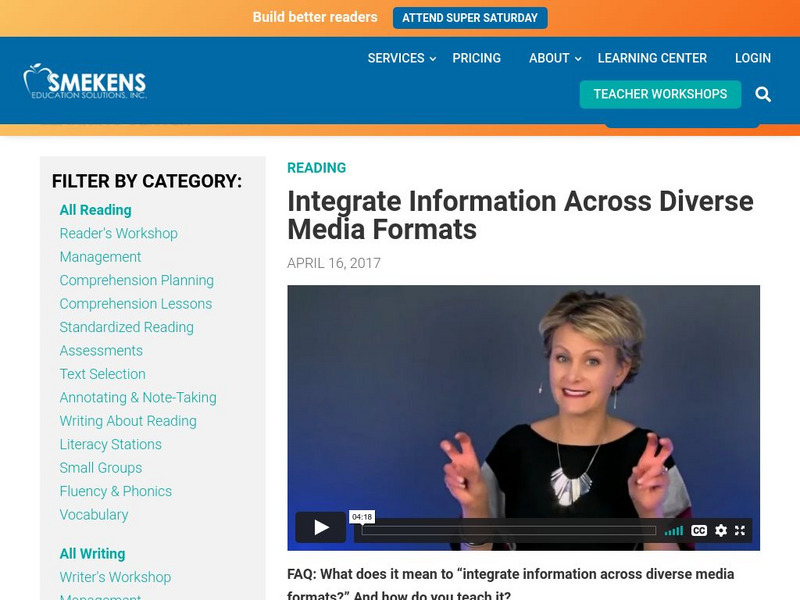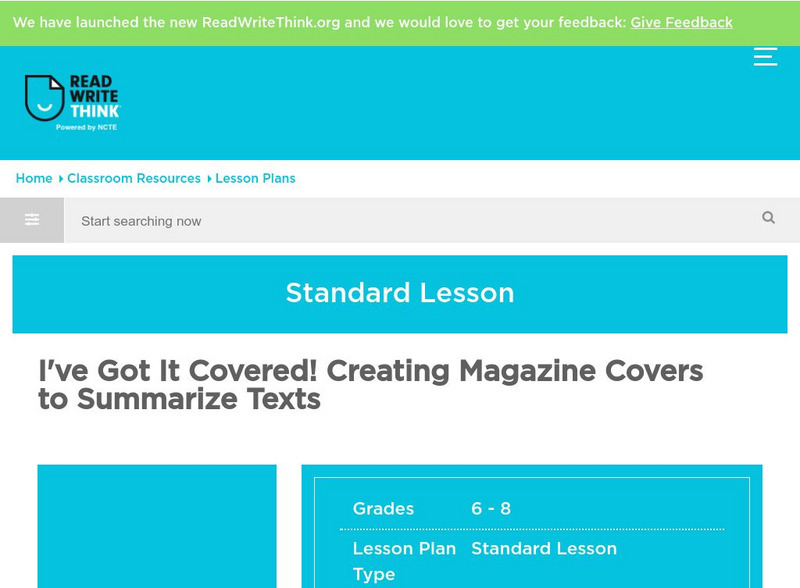UNESCO
The Water Cycle
Young scientists get their feet wet as they learn about the water cycle in this series of activities. Whether they are observing how evaporation causes puddles to dry up, or how plants put water into the atmosphere through...
National Park Service
Living & Non-Living Interactions
What better way to learn about ecosystems than by getting outside and observing them first hand? Accompanying a field trip to a local park or outdoor space, this series of collaborative activities engages children in...
US Mint
Symbols in My Eyes
Explore the hidden meanings behind the images on US currency with this elementary school lesson on symbolism. Starting with a class discussion about symbols, children go on to brainstorm different objects that represent the Unites...
World Wildlife Fund
Arctic Food Chain
Explore the food chains that support Arctic ecosystems. A class discussion on interdependence and the different roles plants and animals play in ecosystems provides young scholars with the knowledge to complete a worksheet asking them to...
Common Sense Media
Cyberbullying: Be Upstanding
Peers discuss cyberbullying and how they can defend their friends that may be bullied online and offline. They discover the value in showing empathy for those who have been cyberbullied. Class members then generate multiple...
Common Sense Media
Identifying High-Quality Sites
Use a Huffington Post article focused on false pictures of Hurricane Sandy to launch a discussion about the reliability of online information. Groups compare and contrast how print and broadcast media regulate...
Utah Education Network
Uen: The Good, the Bad, and the Both
After exposures to assorted forms of informational text and media, Istudents will identify positive and negative effects of microorganisms. Students will explore how some micooorganisms have overcome their negative attributes while...
Education Development Center
Tv411: Reading: Parts of a Newspaper: Activity 2 of 3
This newspaper activity requires students to read eight headlines and then select what each would be about from the options given. When answers are submitted, an explanation is also given.
PBS
Pbs Learning Media: News and Media Literacy
This collection, which includes videos, blog articles, student handouts, lesson plans, and tip sheets for families, helps students identify, analyze, and investigate the news and information they get from online sources. Media literacy...
International Reading Association
Reading Online: Content Area Literacy Lessons Go High Tech
Research and ideas about the use of technology to aid in reaching content area literacy goals.
Read Works
Read Works: Mountain or Molehill?
[Free Registration/Login Required] An informational text about biochar, an ancient idea with some present day uses. A question sheet is available to help students build skills in reading comprehension.
Education Development Center
Education Development Center: Tv411: Reading Structure of a News Story
Interactive lesson explains the content and organization of newspaper articles. Includes self-scoring exercises for practicing identifying the five W's (who, what, when, where, and why) in a series of brief news articles and a...
Education Development Center
Education Development Center: Tv411: Parts of a Newspaper
Students click through a lesson about the parts of a newspaper and answer questions about the types of articles found in each section, headlines, and captions that would go with photographs. Links to related videos are also provided.
Other
Smekens: Integrate Information Across Diverse Media Formats
Read about strategies to help students integrate information across diverse media formats. Includes video. [4:18]
ReadWriteThink
Read Write Think: Creating Magazine Covers to Summarize Texts
In this lesson, students will examine the ways in which a magazine cover's headlines and graphics express the main ideas of its articles. They will then use an interactive tool to create covers that summarize chapters of informational...
















